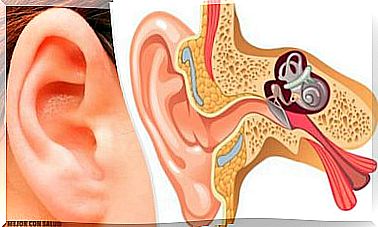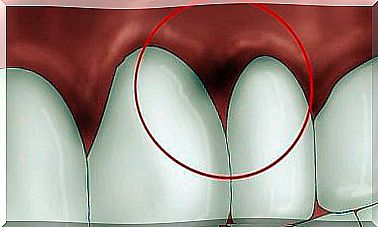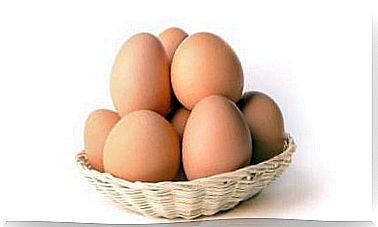6 Nutrients You Need After 40
After 40, the body begins to lose bone density, so calcium and vitamin D are two fundamental nutrients in the diet.

Vitamins are inorganic substances that we can find in different foods and that are necessary for the correct development and functioning of the body. After 40, monitoring the amount of vitamins, minerals and nutrients that we obtain becomes essential .
If you don’t pay the required attention, you can experience negative changes such as loss of muscle mass, a slow metabolism and an increased risk of heart disease.
Essential nutrients after 40
Review which vitamins and other nutrients are especially necessary after 40 and start incorporating the food sources that contain them more regularly in your diet.
1. Vitamin B12
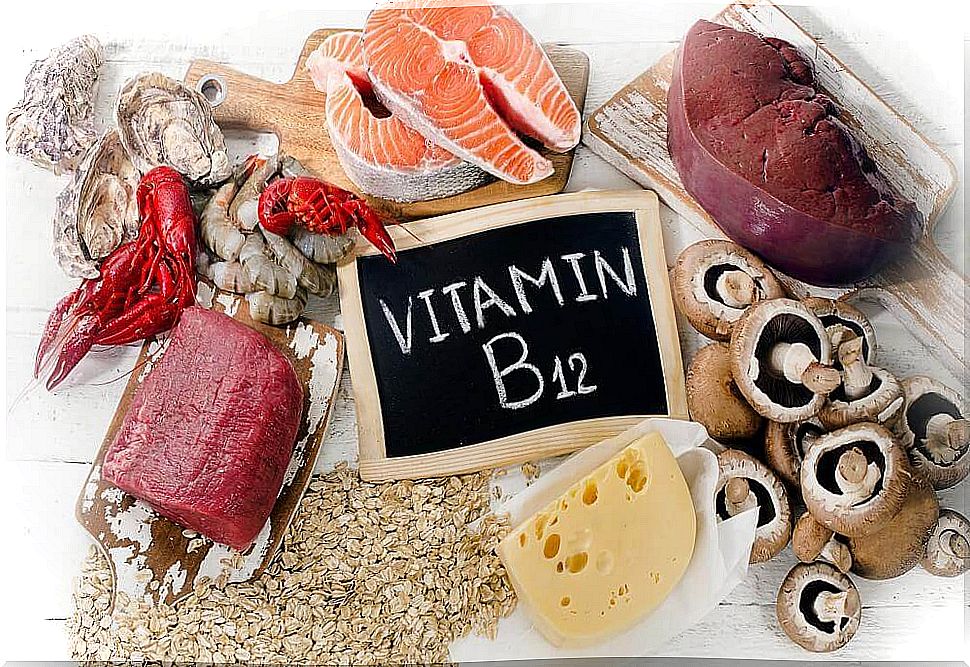
Vitamin B12 is found naturally in foods of animal origin, such as beef liver, poultry, fish, eggs, dairy products, cereals, and nutritional yeasts.
R It is essential for the proper functioning of the brain, blood and nervous system . According to experts from the National Institutes of Health, a deficiency of this vitamin usually causes:
- Tiredness.
- Weakness.
- Weightloss.
- Loss of appetite
- Megaloblastic anemia, among others.
Normally we obtain the necessary amount of vitamin B12 by eating a varied and balanced diet.
However, after the age of 40, the decrease in hydrochloric acid in the stomach causes problems absorbing it. Therefore, many older adults must consume it through fortified foods or dietary supplements.
2. Calcium
Calcium is an essential mineral that it is present in foods such as milk, cheese and other dairy derivatives. However, these products are not the best for obtaining this mineral. Therefore, we must try to opt for more natural foods, such as: sardines, anchovies, cabbage, broccoli, turnips, soybeans or almonds.
Its function is essential to maintain strong bones and teeth. What’s more, calcium is involved in blood circulation, the balance of the nervous system and muscle contraction.
- For all the above, a calcium deficiency can cause diseases such as osteoporosis and rickets.
- Although your bones absorb most of the calcium they need before age 30, after age 40 you begin to lose calcium slowly.
- Therefore, to prevent osteoporosis and other bone diseases it is necessary to monitor calcium intake.
3. Vitamin D
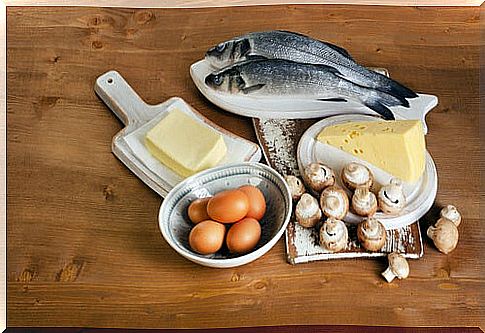
Vitamin D is easily obtained by exposure to sunlight and by consuming eggs and milk. This vitamin is essential for the absorption of calcium in the body, so it also has an important role for the development of the skeleton.
A poor absorption of it can generate diabetes , multiple sclerosis, cardiovascular diseases and chronic diseases.
- Since the skin’s ability to absorb vitamin D decreases with age, after age 40 you are at greater risk of developing a deficiency.
- Our recommendation is that you watch the time you spend in the sun , so that you don’t overdo it. But don’t forget to do it for a few minutes a day either.
- If you have a sun allergy or for some reason it is impossible for you to do so, include a vitamin supplement in your daily routine.
4. Potassium
Potassium is an essential mineral for some basic functions at the muscle and nervous system level. If you don’t get enough potassium after 40 you will notice:
- Diarrhea.
- Cramps
- Constipation.
- Dehydration
- Muscle pains.
- Muscular weakness.
- Neuromuscular disorders.
To make sure you have the necessary potassium intake It is necessary to eat a varied diet that includes nuts, coffee, cocoa and green leafy vegetables.
However, keep in mind that an excess of potassium in the body can lead to complications in the heart and gastrointestinal system. Therefore, if you are taking a potassium supplement, consult your doctor first.
5. Magnesium
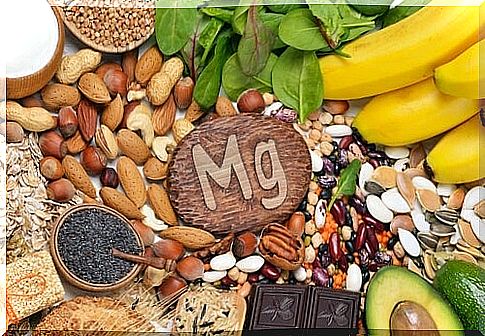
Magnesium is an essential mineral and its primary function is to regulate blood pressure. It is also of great importance in energy production and calcium absorption, as well as other essential metabolic reactions.
Because magnesium is part of chlorophyll, You will find it in green leafy vegetables, in unrefined grains, in legumes such as soybeans or beans, and in nuts.
- After the age of 40, it is necessary to monitor the intake of this mineral with greater caution.
- You must include the foods that contain it in each of your meals. If your diet is deficient, include a supplement that contains magnesium.
6. Omega 3
While omega 3 fatty acids are not vitamins or minerals, it is important to add them to the list as they are essential for your health after 40. Omega 3s can be obtained from two sources:
- Animals: From fish oil and krill oil.
- Vegetables: From plants such as flax , chia seeds, hemp seeds and soybean oil.
Consuming this nutrient after 40 helps you control blood pressure and bad cholesterol (LDL) , two very common problems at this stage.
Omega-3s also play a key role in maintaining memory and general brain function.
Always prioritize good nutrition
Unless you doctor i Say otherwise, remember that it is always better to obtain vitamins and minerals through the consumption of healthy foods, within a balanced diet. Vitamin supplements and pills are not mandatory in all cases.
Living a healthy life can prepare you for the changes that lie ahead.
